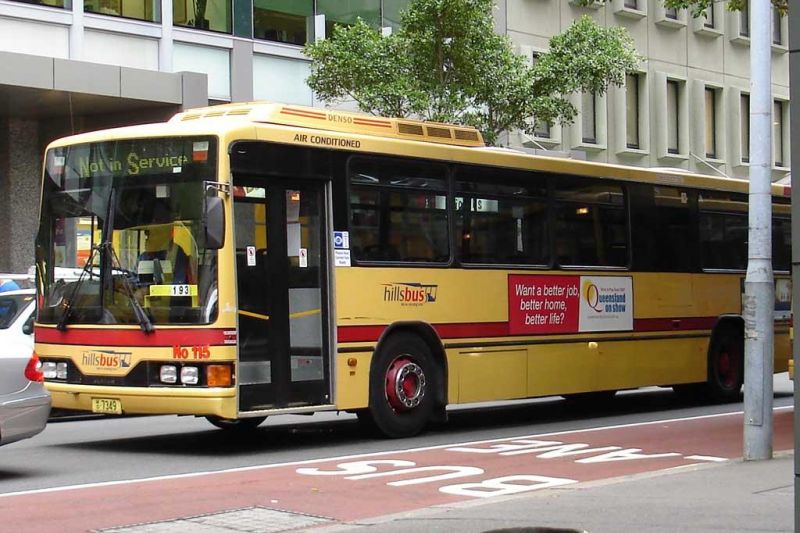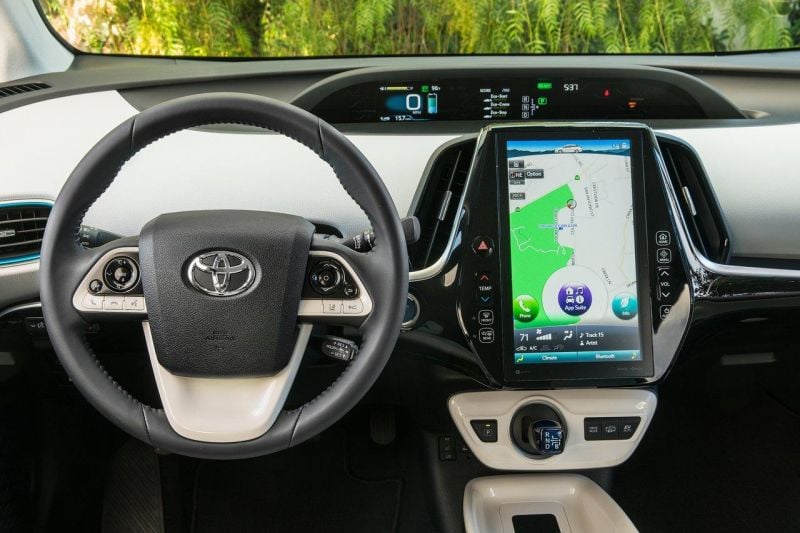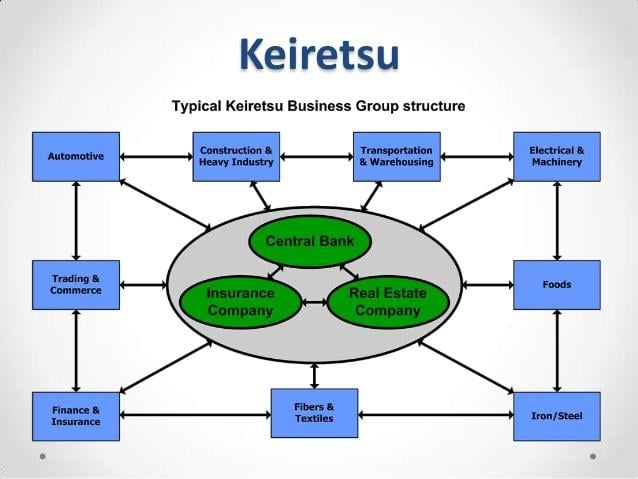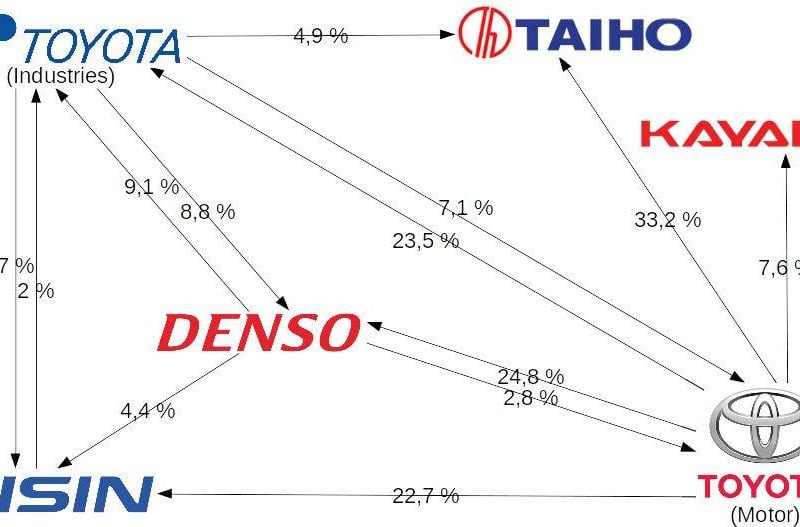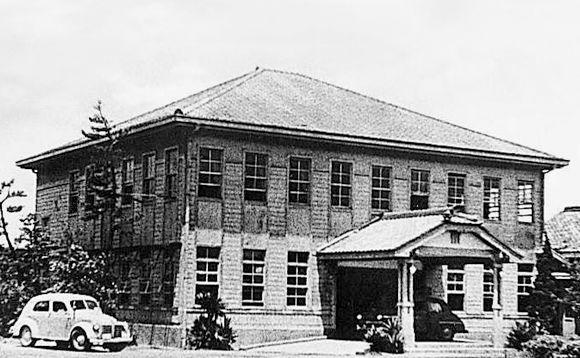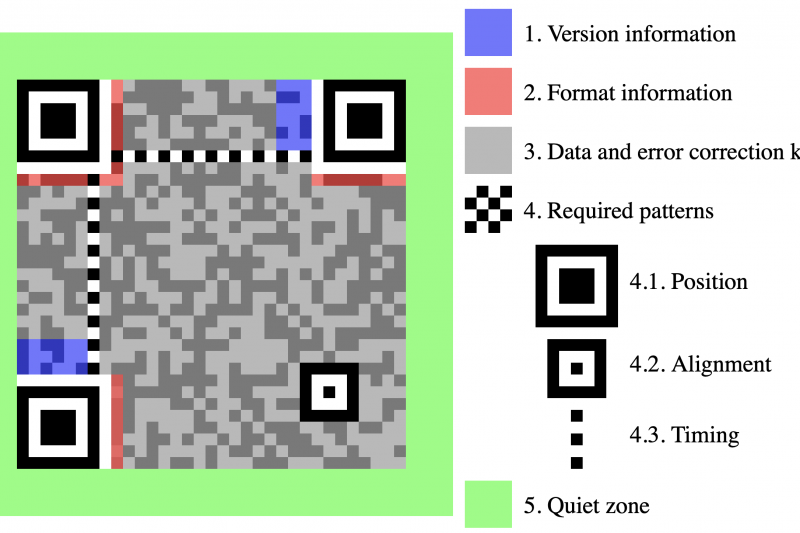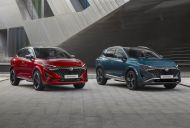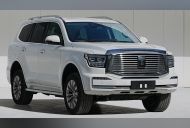Denso Corporation is a Japanese company based in Kariya, that is most notable for making climate control components and systems for car manufacturers, including parts such as air-conditioning compressors.
The guts behind that dual-zone automatic climate control system with solar sensor in your new car? It was probably made by Denso.
For those who take public transport, especially buses, the Denso name might be familiar as it makes the air-conditioning systems that keep you cool on those unbearable 40 degree summer days.
Spot the Denso name at the top of the bus below:
Like other automotive suppliers, including its German counterparts ZF and Continental, Denso has also branched out into other automotive components and systems.
These range from sonar (those bumper dimples often seen on many new cars today) and millimetre-wave radar sensors for parking sensors and AEB systems respectively, to interior components such as the head-up displays used on vehicles such as the Mazda 6, CX-5, and various Volvo products.
For electric vehicles, Denso also makes acoustic warning systems to alert passers-by and pedestrians.
Available in overseas markets, Denso also makes the Tesla Model S-style 11.6 inch portrait display for the Toyota Prius Prime plug-in hybrid.
Founded in 1949, the company has expanded to become the world’s second-largest supplier to automotive OEMs by revenue (based on 2018 numbers), behind Bosch and ahead of Canadian firm Magna International.
Membership in the Toyota business group
Denso’s relationship with Toyota extends beyond merely supplying parts for vehicles such as the Prius. Denso is, in fact, a part of the Toyota group of companies.
To understand what this means, it’s important to examine the Japanese term keiretsu.
A keiretsu is a business alliance between a group of companies cemented through cross-shareholdings and long-term business relationships between each other.
A keiretsu may be horizontal, spanning multiple industries, or vertical, comprising a manufacturing company along with its suppliers and distributors. A company can be part of both a horizontal and a vertical keiretsu.
In both cases, keiretsu are organised around one or more anchor companies (think of the anchor companies as the “sun” companies around which smaller “planetary” companies orbit around).
For horizontal keiretsu, this typically includes a bank to provide loans and other funding, as well as an insurance company.
For example, the Mitsubishi keiretsu (comprising around 40 companies in total) has MUFG Bank as the anchor bank to fund operations, and Meiji Mutual Life as the insurance company that provides insurance to member companies.
Although formally an independent, separate company, Denso is part of the Toyota vertical keiretsu, as a supplier of A/C systems and other automotive components.
Although the company generates revenue from automotive OEMs and other customers around the world, a substantial part of its income is derived from sales to Toyota and other companies within the Toyota keiretsu.
Without sales to Toyota, Denso’s operations would be adversely affected to a significant extent.
Early history
The Japanese economy until the end of WWII had been dominated by the Big four business conglomerates known as zaibatsu. Toyota back then was part of the Mitsui zaibatsu.
Precursors to the keiretsu, the American occupation of Japan after WWII dissolved these zaibatsu into keiretsu, with Toyota becoming a keiretsu in its own right.
Denso’s origins begin in 1949 as the firm, then known as Nippon Electrical Equipments Co., Ltd, was carved out as a separate company from the wider Toyota entity.
Renamed to Nippondenso Co., Ltd, it sought to obtain technical knowledge to increase the range and quality of products from other automotive suppliers around the world.
The name Denso, a portmanteau of the Japaense words denki (“electricity”) and sochi (“device”), gives a clue as to the company’s initial focus – namely, electrical devices for vehicles.
To this extent, the company entered into a technical cooperation agreement with German supplier Bosch in 1953 to investigate the development of electric starter motors and generators for combustion-engine vehicles, which in turn expanded in 1956 to the development and production of spark plugs.
During the late 1950s and 60s, several Japanese companies sought to develop a philosophy of continually improving quality, known as kaizen.
Denso was no exception, and this period in the company’s history was focused on extending quality control techniques not just to finished products, but also to the initial product design and engineering phase, through the introduction of longer-term (five-year) quality control plans and a specialised quality control committee.
The 1970s saw a greater expansion in the company’s product portfolio, including a particular specialisation in electronic devices based on the IC (integrated circuit).
Developments in this area allowed Denso to pioneer numerous automotive electronics innovations, including an electronic fuel injection system and electronic cruise control.
Recent innovations – the QR code
Denso’s most significant contemporary innovation is now a technology used in a multitude of applications – the humble Quick Response (QR) code. That’s right, the box with weird squiggly lines originated in the automotive space.
Invented in 1994 by Denso employee Masahiro Hara, the Quick Response code was a tool originally intended to track vehicles and associated vehicle parts and components on the production line, such that the right part could be installed in the correct vehicle.
Today, of course, QR codes effectively act as more advanced barcodes, in being able to store a much wider variety of information such as website URLs.

